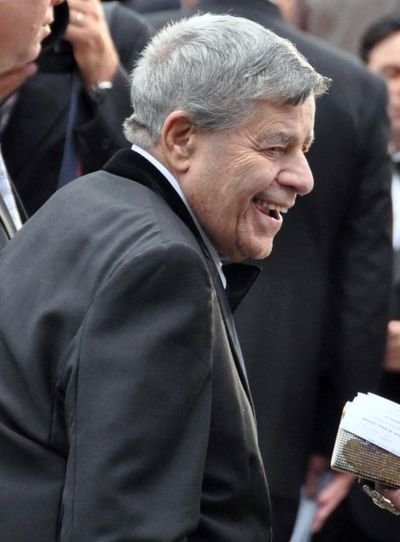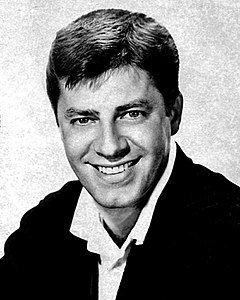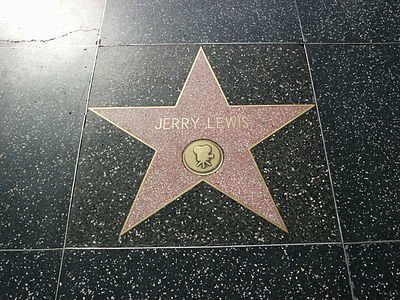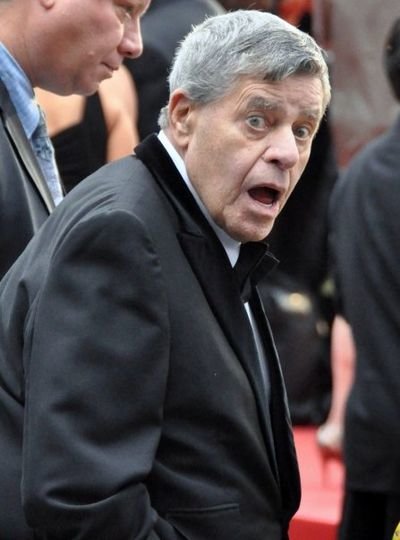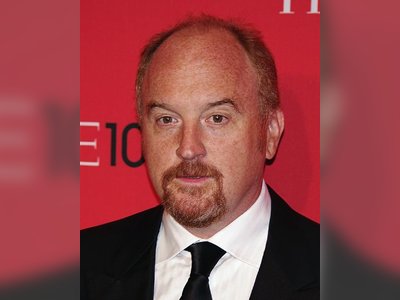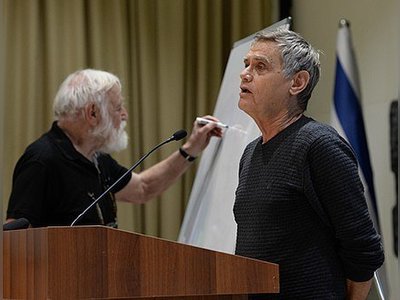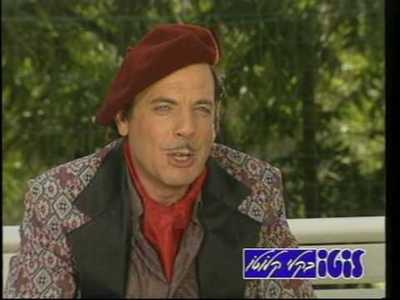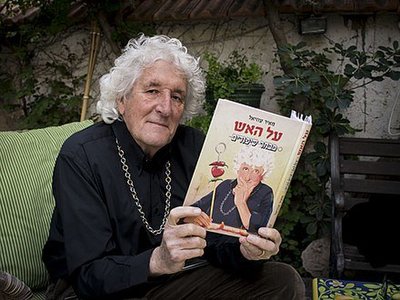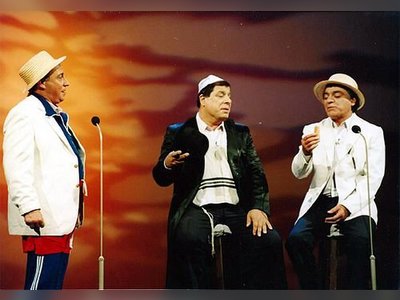Jerry Lewis: A Legendary Journey of Laughter and Philanthropy
Jerry Lewis, born on March 16, 1926, in Newark, New Jersey, was a prominent figure in the world of American entertainment. He was a Jewish-American comedian, actor, producer, and director, celebrated for his slapstick humor and his iconic telethon fundraisers. Lewis earned numerous prestigious awards and accolades throughout his life, including American comedy awards, recognition from the Los Angeles Film Critics Association, the Venice Film Festival, and even two stars on the Hollywood Walk of Fame.
Early Career
Born to Russian Jewish parents, Joseph Levitch and Rachel (née Brodsky) Levitch, Jerry Lewis was destined for the spotlight. His father, Daniel Levitch, worked as a master of ceremonies and vaudeville performer under the professional name Danny Lewis.
His mother, Rachel (or "Rae"), was a pianist at a radio station. Jerry Lewis began performing at the tender age of five and often appeared alongside his parents in vaudeville shows in New York. By the age of 15, he had developed his own comedy routines and even imitated song lyrics on phonograph records.
Initially, he used the professional name "Joey Lewis," but he quickly changed it to "Jerry Lewis" to avoid confusion with the comedian Joe E. Lewis and the heavyweight boxing champion Joe Louis. He attended Irvington High School in New York City, where he blossomed as a comedian, engaging in pranks and stunts that included sneaking into kitchens to pilfer fried chicken and other high jinks.
During World War II, he was classified 4-F (unfit for military service) due to a heart ailment, allowing him to embark on his entertainment career. At the age of 20, Lewis began to gain recognition, performing alongside singer Dean Martin in nightclubs and later on television in the "Colgate Comedy Hour" on NBC. Their partnership continued until 1956, after which they pursued separate careers. In 1976, the duo reunited for the "Jerry Lewis Telethon" with the assistance of singer Frank Sinatra.
From 1949 onward, Jerry Lewis appeared in over 40 films, directing 12 of them himself. Some of his most notable films include "The Bellboy" (1960), "Cinderfella" (1960), "The Nutty Professor" (1963), "Who's Minding the Store?" (1963), "The Family Jewels" (1965), and "Boeing Boeing" (1965). In 1983, he starred in "The King of Comedy," directed by Martin Scorsese, and in the French film "Where Did You Go? Out. What Did You Do? Nothing" (1984). During the production of "The Bellboy," Lewis pioneered a technique of using video monitors on set to aid in directing while acting.
However, after 1966, the success of his comedy films waned in the United States. Still, Lewis remained a beloved figure in the world of entertainment, particularly in France, where he was considered a cinematic genius. In March 2006, the French Minister of Culture bestowed upon Lewis the "Legion of Honour" and hailed him as the "favourite clown of the French people."
In 1972, he created the film "The Day the Clown Cried," which has never been officially released and remains largely unseen. Lewis also wrote and directed the film, making significant changes to the original story on which it was based.
In this dark drama, Lewis portrayed Helmut Doork, a German circus clown forced to lead a group of Jewish children to the gas chambers of Auschwitz. Unlike his comedic works, this film has remained highly controversial and unreleased.
However, a copy of the film was deposited in the American Library of Congress and is set to be screened once, non-commercially, no earlier than 2024, pending approval from Lewis's estate.
In May 2007, Lewis completed a stage adaptation of "The Nutty Professor," which premiered in San Diego in the fall of 2007 and later on Broadway in New York in 2008.
On November 25, 2008, an animated sequel to "The Nutty Professor" was released, with Lewis once again voicing the character of Professor Julius Kelp. In 2016, he played the lead role in the film "Max Rose."
Philanthropic Efforts
Jerry Lewis dedicated himself to philanthropy, particularly for those suffering from muscular dystrophy. In 1952, he played a pivotal role in founding the Muscular Dystrophy Association (MDA) and served as its national chairman.
Starting in 1966, he hosted annual telethons to raise funds for the MDA, featuring appearances by famous entertainers. His tireless efforts helped raise over two billion dollars for the cause. In 1977, he was nominated for the Nobel Peace Prize for his charitable work.
In 1985, he received the Public Service Award from the Department of Defense in the United States. In September 2005, he was honored with the Governors Award by the Academy of Television Arts & Sciences for his annual telethons. During the 40th annual telethon in 2005, Jerry Lewis assisted in raising funds for the United States military, specifically for the victims of Hurricane Katrina.
Health Struggles
Jerry Lewis faced significant health challenges throughout his life. His back problems stemmed from pratfalls and physical comedy stunts he performed during his career, especially as part of his slapstick routines.
These injuries left him almost paralyzed, requiring him to use pain-relieving medication and, eventually, an experimental electronic device developed by Medtronic, implanted in his back, to alleviate pain. Lewis also battled prostate cancer, diabetes, and pulmonary fibrosis, which led to a noticeable weight gain. In June 2006, he suffered a heart attack.
Personal Life
Jerry Lewis was married twice in his lifetime. In 1944, he married singer Patti Palmer, from whom he divorced in 1980. In 1983, he married dancer SanDee Pitnick. He had six children and one adopted daughter, Danielle. Additionally, he had another daughter named Suzan outside of his marriages. He resided in Las Vegas, Nevada.
Jerry Lewis was a member of the Jewish fraternity Alpha Epsilon Pi.
On August 20, 2017, Jerry Lewis passed away at the age of 91, leaving behind a legacy of laughter, philanthropy, and an indelible mark on the world of entertainment.
- ג'רי לואיסhe.wikipedia.org
